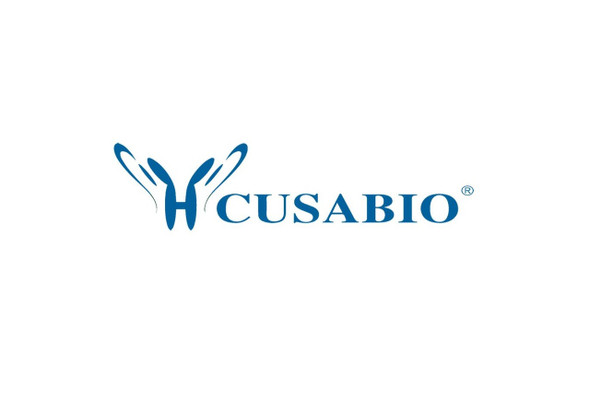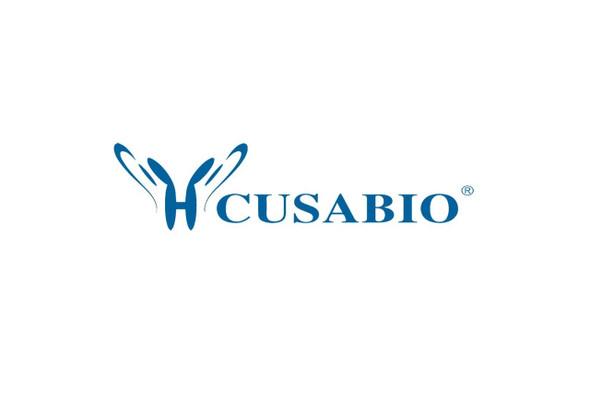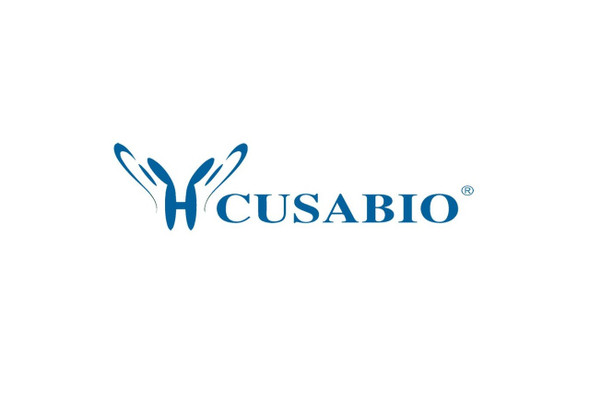Cusabio Mouse Recombinants
Recombinant Mouse SLAM family member 7 (Slamf7), partial | CSB-EP021369MO1
- SKU:
- CSB-EP021369MO1
- Availability:
- 3 - 7 Working Days
Description
Recombinant Mouse SLAM family member 7 (Slamf7), partial | CSB-EP021369MO1 | Cusabio
Alternative Name(s): Leukocyte cell-surface antigen Novel Ly9 CD_antigen: CD319
Gene Names: Slamf7
Research Areas: Immunology
Organism: Mus musculus (Mouse)
AA Sequence: SGTLKKVAGALDGSVTFTLNITEIKVDYVVWTFNTFFLAMVKKDGVTSQSSNKERIVFPDGLYSMKLSQLKKNDSGAYRAEIYSTSSQASLIQEYVLHVYKHLSRPKVTIDRQSNKNGTCVINLTCSTDQDGENVTYSWKAVGQGDNQFHDGATLSIAWRSGEKDQALTCMARNPVSNSFSTPVFPQKLCEDAATDLTSLRG
Source: E.coli
Tag Info: N-terminal 6xHis-tagged
Expression Region: 23-224aa
Sequence Info: Partial
MW: 27.8 kDa
Purity: Greater than 85% as determined by SDS-PAGE.
Relevance: Self-ligand receptor of the signaling lymphocytic activation molecule (SLAM) family. SLAM receptors triggered by homo- or heterotypic cell-cell interactions are modulating the activation and differentiation of a wide variety of immune cells and thus are involved in the regulation and interconnection of both innate and adaptive immune response. Activities are controlled by presence or absence of small cytoplasmic adapter proteins, SH2D1A/SAP and/or SH2D1B/EAT-2. Mediates natural killer (NK) cell activation through a SH2D1A-independent extracellular signal-regulated ERK-mediated pathway. Positively regulates NK cell functions by a mechanism dependent on the adapter SH2D1B. In addition to heterotypic NK cells-target cells interactions also homotypic interactions between NK cells may contribute to activation. However, in the absence of SH2D1B, inhibits NK cell function. Acts also inhibitory in T-cells. May play a role in lymphocyte adhesion. In LPS-activated monocytes negatively regulates production of proinflammatory cytokines
Reference: "Mouse novel Ly9: a new member of the expanding CD150 (SLAM) family of leukocyte cell-surface receptors." Tovar V., Del Valle J., Zapater N., Martin M., Romero X., Pizcueta P., Bosch J., Terhorst C., Engel P. Immunogenetics 54:394-402(2002)
Storage: The shelf life is related to many factors, storage state, buffer ingredients, storage temperature and the stability of the protein itself. Generally, the shelf life of liquid form is 6 months at -20?/-80?. The shelf life of lyophilized form is 12 months at -20?/-80?.
Notes: Repeated freezing and thawing is not recommended. Store working aliquots at 4? for up to one week.
Function: Self-ligand receptor of the signaling lymphocytic activation molecule (SLAM) family. SLAM receptors triggered by homo- or heterotypic cell-cell interactions are modulating the activation and differentiation of a wide variety of immune cells and thus are involved in the regulation and interconnection of both innate and adaptive immune response. Activities are controlled by presence or absence of small cytoplasmic adapter proteins, SH2D1A/SAP and/or SH2D1B/EAT-2
Involvement in disease:
Subcellular Location: Membrane, Single-pass type I membrane protein
Protein Families:
Tissue Specificity: Expressed in spleen, lymph node, bone marrow and testis. Lower levels detected in thymus. Expressed in NK cells, B-cells, natural killer cells and activated T-cells.
Paythway:
Form: Liquid or Lyophilized powder
Buffer: If the delivery form is liquid, the default storage buffer is Tris/PBS-based buffer, 5%-50% glycerol. If the delivery form is lyophilized powder, the buffer before lyophilization is Tris/PBS-based buffer, 6% Trehalose, pH 8.0.
Reconstitution: We recommend that this vial be briefly centrifuged prior to opening to bring the contents to the bottom. Please reconstitute protein in deionized sterile water to a concentration of 0.1-1.0 mg/mL.We recommend to add 5-50% of glycerol (final concentration) and aliquot for long-term storage at -20?/-80?. Our default final concentration of glycerol is 50%. Customers could use it as reference.
Uniprot ID: Q8BHK6
HGNC Database Link: N/A
UniGene Database Link: UniGene
KEGG Database Link: KEGG
STRING Database Link: STRING
OMIM Database Link: N/A









